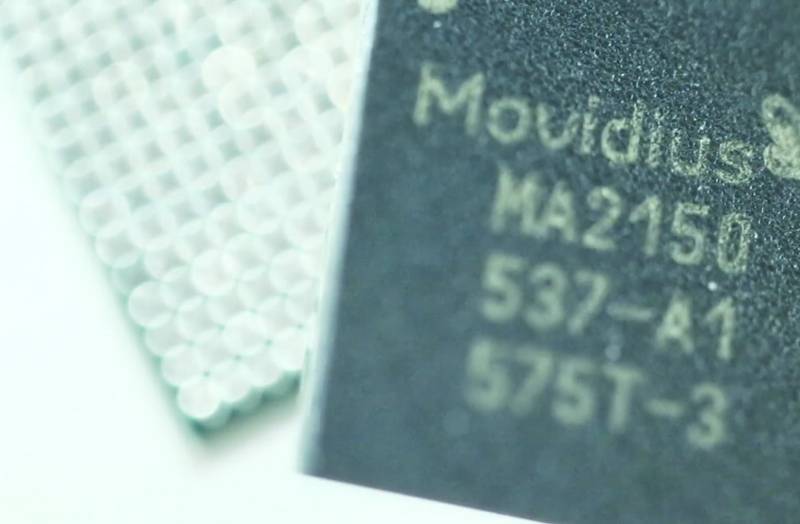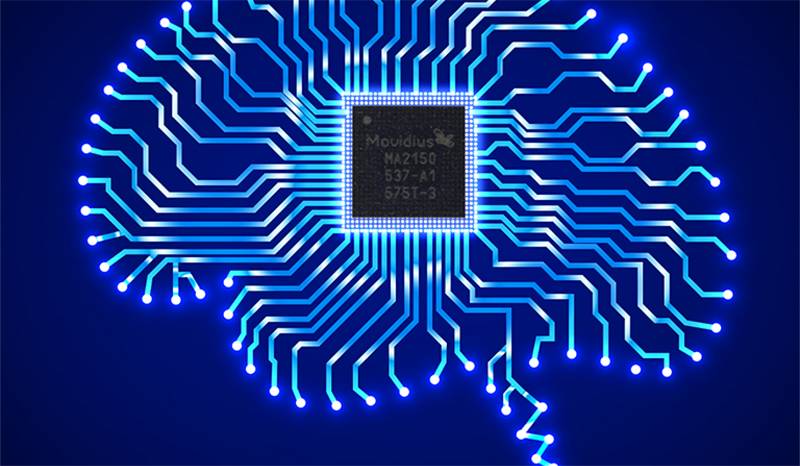
You don’t have to wonder why Google’s services and apps seem like they’re getting smarter over time – that’s what they do with the terabytes upon thousands of terabytes of information we give them. They design their products to become smarter from the information they get off their search engines and services. Now they’re teaming up with low-power computing outfit Movidius to bring “deep learning” capabilities to mobile devices.
Movidius, an ultra-low-power computer vision-processor company, is best known for partnering with Google on Project Tango, that vaunted 3D mapping project for tablets and smartphones. In Project Tango, Google went for a Movidius chip to use for computer vision – processing position and motion tracking data. One of Project Tango’s tricks is that it allows for recognition of known environments to create apps and push for user experience via 3D mapping, physical space measurement, and augmented reality.
In this new deal, Google will use Movidius processors – including software development environment from them. In return, Movidius benefits as well as Google is set to contribute their data for the startup’s neural network technology roadmap. Practically, the ultra-low-power Movidius chip will allow deep learning within the mobile device, so it can do some tasks without an internet connection and reduce battery usage and latency.

The project will aim to make devices that will be able to recognize images and audio accurately, providing a lot of applications for developers to create more personal computing experiences in the smartphone and tablet platform.
SOURCE: Movidius









